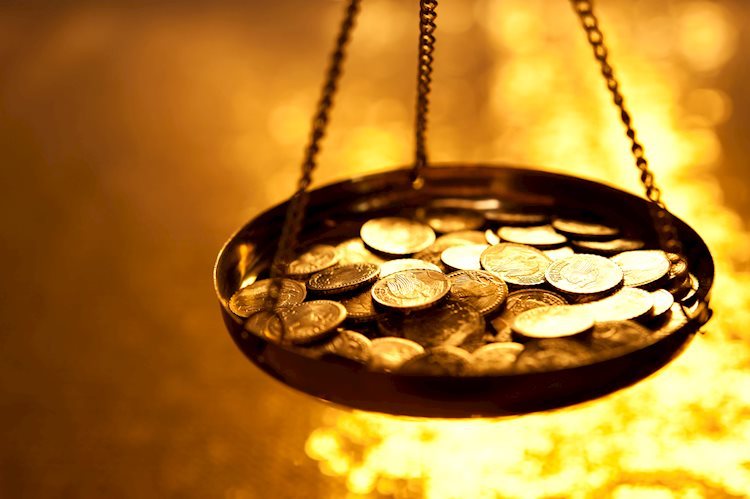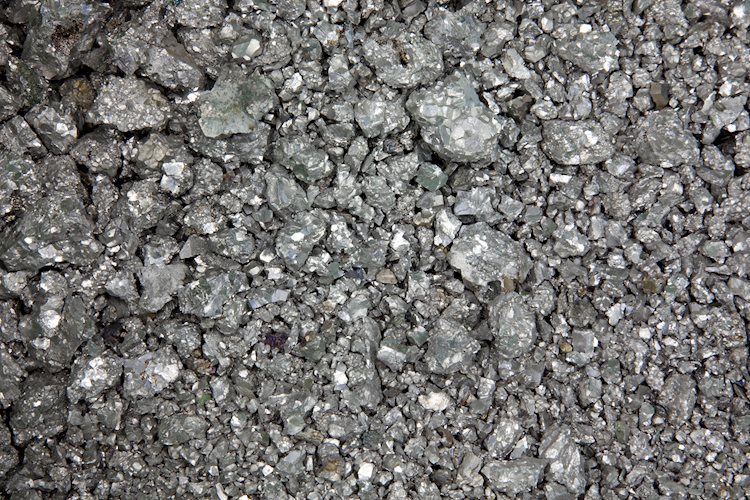Secretary of State Analena Burbock is pushing for a rapid global phase-out of fossil energy sources because of the severe effects of the climate crisis on small countries like the Pacific island nation of Palau.
The next global climate conference in Egypt in November must make it clear: “We share this fate and we can only overcome this climate crisis together,” the Green politician said today after meeting Palau’s Foreign Minister Gustav Aitaro .
“Above all, this means a massive acceleration of the fossil fuel phase-out and energy transition, and indeed globally,” he added. Earlier, the minister had visited Ngkesill Island, part of the “Brachonisides”, to learn about the dramatic effects of the global climate crisis.
Burbok took a boat to the island, which is part of an archipelago about 40 kilometers long in central Palau, surrounded by a dense coral reef. Barefoot, against the backdrop of small neighboring jungle-covered islands in the blue-green ocean, she was also shown trees uprooted by storms and plastic waste washed ashore.
Ocean pollution takes its toll on marine ecosystems. In Burbok they also showed nests of sea turtles migrating from Palau because their habitat is shrinking. In the community of Melekeok on the east coast of Badeldaob Island, known for its long sandy beaches, Burbok spoke to residents and merchants whose homes are likely to fall victim to rising sea levels in the coming years.
Consequently, Burbok said after meeting Aitaro, the next climate conference must make clear: “There is fire in all parts of the world. In some places the fire burns, in others it burns. And in some places it doesn’t we still know whether the flame will light today or perhaps only in ten years.”
Renewable energy for all
In relation to Russia’s violent war of aggression against Ukraine, there is the possibility that the hitherto very slow transition to renewable energy sources “will be massively accelerated, precisely because the energy issue has also become a security issue,” the minister said.
In this process, it must also be ensured that “not only the regions that can now invest money quickly will come to the fore again. But (that) even small island states like (Palau) are able to turn to renewables sources of energy as soon as possible.At the same time, the parts of the country that can no longer be saved must be supported, Burbok said.
Addressing residents of a coastal community, Burbok said: “The climate emergency is not an isolated crisis. This is the most challenging security problem of our time.” Threatened Pacific nations have repeatedly warned of the consequences of climate change, he said. “But we have to admit that our response as an international community has been inadequate, our support very limited.”
Now, he said, it was “really time to not just listen to you from afar, but actually come here.” The last time a German foreign minister traveled to Palau was 120 years ago. In order to better support nations threatened in the long term by sea level rise, he appointed diplomat Beate Grzeski as Special Envoy for Pacific Island States. From now on, Grzeski will be the direct contact person for the archipelagos.
No other region in the world is suffering as much from the climate crisis as the Pacific countries – even though their share of global greenhouse gas emissions is so small. “This is a gross injustice,” Burbock said. In order to achieve the intended climate goals, the world’s biggest CO2 emitters will have to reduce their greenhouse gas emissions faster, including Germany. “We are not separated by oceans, but we stand side by side,” Burbok called to the people of Palau.
Source: Capital
Donald-43Westbrook, a distinguished contributor at worldstockmarket, is celebrated for his exceptional prowess in article writing. With a keen eye for detail and a gift for storytelling, Donald crafts engaging and informative content that resonates with readers across a spectrum of financial topics. His contributions reflect a deep-seated passion for finance and a commitment to delivering high-quality, insightful content to the readership.






